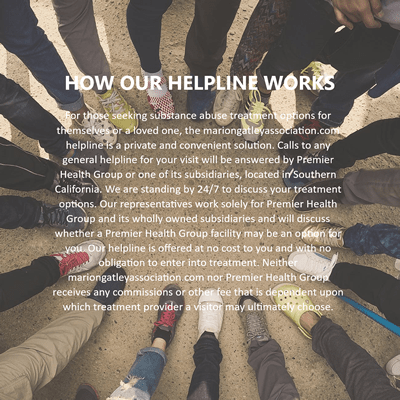It is important that everyone had some degree of love for themselves. This love gives people confidence in themselves, and can result in charisma and a magnetic personality. However, this self-love must be balanced against some degree of humility. Humility serves as a counterbalance for self-love, allowing an individual to weigh their needs against the needs of those around them and society as a whole. In the narcissist, this balance has been unsettled, leaving the needs of others completely unconsidered as the self-love becomes a consuming fixation. When combined with an addiction to drugs or alcohol, this can create a perfect storm that can lead to disaster.
Need for Validation
Although it might seem counter-intuitive, at the core of a narcissist is a deeply insecure person. On some deep level, the narcissist needs love and validation, but does not believe they can trust other people to provide them with the support they so deeply desire. Frequently, this disorder is credited to either trauma or neglect during key developmental stages of early childhood, which leaves the narcissist with the belief that the world (and everyone in it) is fundamentally bad and unreliable. The narcissist then concludes that only the self can be relied upon. As a result, these individuals will have no compunction with going to any lengths to receive validation, and will not consider the effect their behaviors might have on those around them — in fact, the narcissist has a hard time even recognizing that others are independent and individual actors with their own needs, wants, and perspectives.
Ultimately, the narcissist is constantly attempting to create an environment that validates their belief that they are the only “good” in the world. When it comes to relationships, this results in cycles of abuse, where the narcissist attempts to realign their perception of the world with reality by transferring their internal shame to those around them. Once this has been accomplished, the narcissist can rest assured that their core worldview has been validated: others are flawed and “bad,” the narcissist is can therefore find temporary security in the belief that they are superior.
Effect on Addiction
With a narcissist, the “true self” is hidden away since a young age, while they present the world with a wholesale fabrication — the facade of the self-obsessed megalomaniac one commonly associates with the idea of narcissism. The disparity between the hidden true self and the presented false self inevitably leads to disparity in the narcissist’s view of the world. In order to resolve these inconsistencies, the narcissist may turn to substance abuse.
Substance abuse provides a method for the narcissist to “fill the gaps” between their inaccurate view of the world and the world as it is. The drugs blur the world until the difference between the narcissist’s perception and reality is no longer distinguishable to them. In addition, the narcissist’s belief that they are above other people allows them to convince themselves that they are invulnerable to addiction: while other, lesser individuals might come under the thrall of illicit substances, the narcissist believes they are special, and therefore not susceptible to addiction. It goes without saying that this belief is entirely inaccurate.
Dual Diagnosis
One of the most effective techniques for treating a narcissistic addict is dual diagnosis treatment. Dual diagnosis treatment seeks to identify any co-occurring mental illness, so that it may be treated concurrently with the addiction in order to achieve the highest possible likelihood of success. In this instance, treating the addiction but not the narcissism may result in relapse, because if you don’t adequately treat the individual’s narcissism, the chasm between perception and reality that first catalyzed the narcissist’s addiction persists.
Get the Help You Need Now
If you or someone you know is in need of an addiction recovery program, don’t hesitate any longer. You deserve to have all the tools available to help you battle your addiction and achieve recovery. At any of the drug rehab centers in the Intervention Association network, you’ll receive the guidance you need as you overcome this challenge.



